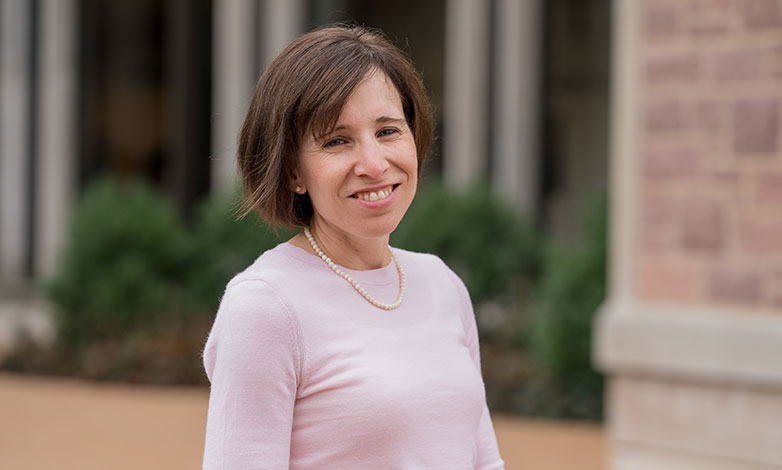Disparities in cancer stage at diagnosis among racial and ethnic minority children and adolescents may be partially explained by health insurance coverage, finds a study from the Brown School at Washington University in St. Louis.
"Our study is among the first to quantify the extent to which health insurance mediates these disparities among children and adolescents with cancer," said Kim Johnson, associate professor at the Brown School, expert on cancer disparities and corresponding author of the paper "The impact of health insurance coverage on racial/ethnic disparities in U.S. childhood and adolescent cancer stage at diagnosis," published in July in the journal Cancer.

"Based on these results, it is important to make sure all children have easy access to affordable health care to ensure the best possible outcomes from a cancer diagnosis," she said.
Johnson and her colleagues analyzed data from more than 30,000 individuals up to age 19 who were diagnosed with primary cancers from 2007 to 2016.
"We found racial/ethnic disparities in childhood and adolescent cancer stage at diagnosis across cancer types, with racial/ethnic minorities more likely to be diagnosed with later-stage cancers compared to non-Hispanic whites," Johnson said.
"The results broadly indicate that the type of health insurance coverage partially explains the disparities in cancer diagnosis stage," she said.
"Having any Medicaid coverage at diagnosis or being uninsured accounts for about half of the disparities between non-Hispanic white and Hispanic children and adolescents," Johnson said.
"Although disparities remain after taking health insurance coverage into account, improving access to health care through health insurance may help eliminate part of the observed disparities, particularly for Hispanic children and adolescents. Further research is needed to understand the mechanisms underlying these findings," she said.
Co-authors on the study are Derek Brown, associate professor at the Brown School; Yin Cao, associate professor of surgery at Washington University School of Medicine; Christine Ekenga, assistant professor at Emory University; Shenyang Guo, the Frank J. Bruno Distinguished Professor of Social Work Research at the Brown School; and Xiaoyan Wang, a PhD student at the Brown School.






